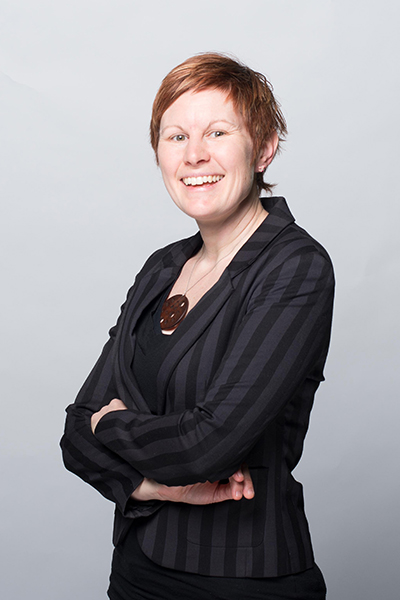The Department of Creative Studies and the Visual Arts Course Union are pleased to announce two Visiting Artist talks coming up next week, Sarah Burwash and Elizabeth McIntosh.
Sarah Burwash, UBC Okanagan Alumna (BFA ’09), will do an illustrated public talk on Monday, February 24th at 12 noon in the Faculty of Creative and Critical Studies building in Studio (CCS) 222. Her presentation will be followed by a book launch and author signing of The Far Woods, published by Conundrum Press, 2013.
Sarah Burwash grew up in Rossland, BC, completed her Bachelor of Fine Arts at UBC Okanagan in 2009, and now lives in Nova Scotia. Over the past five years she has compiled an extensive history of solo and group exhibitions in Canada, the US, and abroad. She has participated in numerous artist residencies across Canada and in the US, and has just completed a six-week thematic residency at the Banff Centre for the Arts.
Widely recognized and admired for her extraordinary talent in narrative drawing, watercolor, and illustrational drawing, she is also active in video, animation, ‘zines and artist book works. Her recent book The Far Woods was influenced by her artist residency locations, travels in the wilderness, and stories from remote areas and rural communities.
Artist Elizabeth McIntosh will speak as a guest lecturer at UBC on Tuesday, February 25th at a free public event. The talk starts at 12 noon in Room CCS223, Creative and Critical Studies Building, UBC’s Okanagan campus, Kelowna
The work of Elizabeth McIntosh reveals itself through the multiplicity of visual interpretations and understandings, shying away from aesthetic resolution. McIntosh’s position is in that sense rather bold, as she operates in an unguarded manner, with a subjective process that becomes an invitation to the direct appreciation of the perceptual experience. Reflecting on the painter’s role, she renegotiates limiting categories such as abstraction and figuration, to convincingly propose sophisticated, intriguing and intangible pictorial worlds.
Elizabeth McIntosh received her Bachelor of Fine Arts Honours from York University in Toronto, and her Masters of Fine Art from Chelsea College of Art in London, UK. McIntosh is represented by Diaz Contemporary in Toronto. Recent solo exhibitions include Pink Nude, Diaz Contemporary (2012), Three Oranges at Exercise in Vancouver (2011), Violet’s Hair at the Contemporary Art Gallery in Vancouver (2010-2011), A Good Play at Diaz Contemporary in Toronto (2010), and Cut Out at Goodwater in Toronto (2009). In 2013 she was the recipient of the prestigious VIVA Award in Vancouver. Elizabeth McIntosh lives in Vancouver where she is an Associate Professor at Emily Carr University.

















